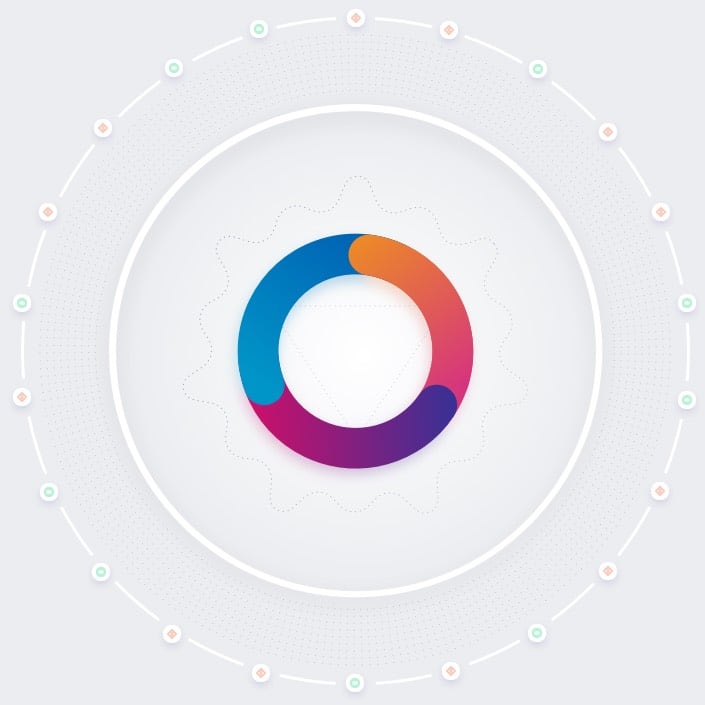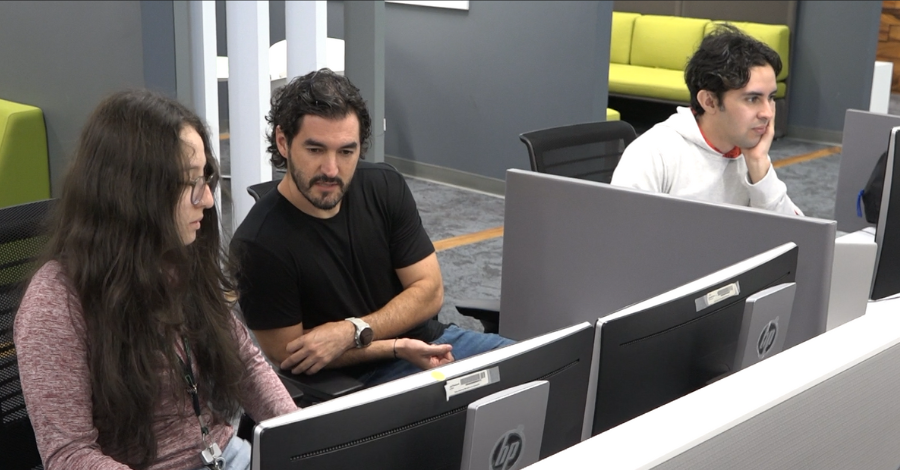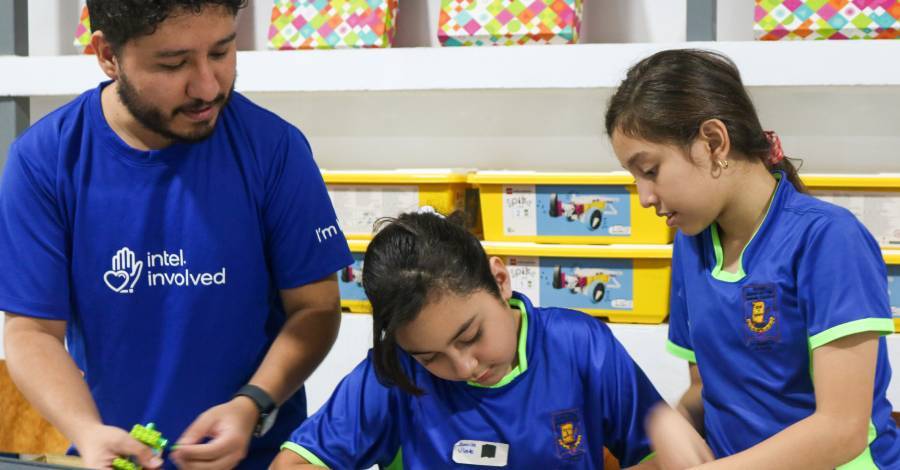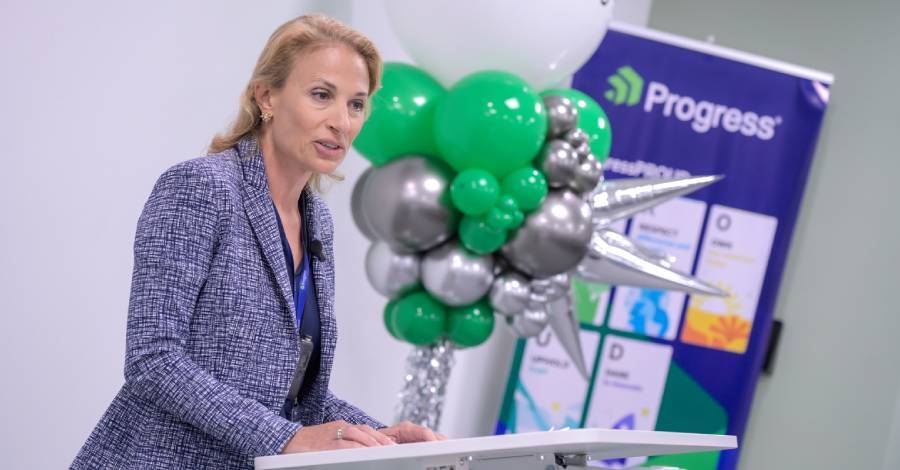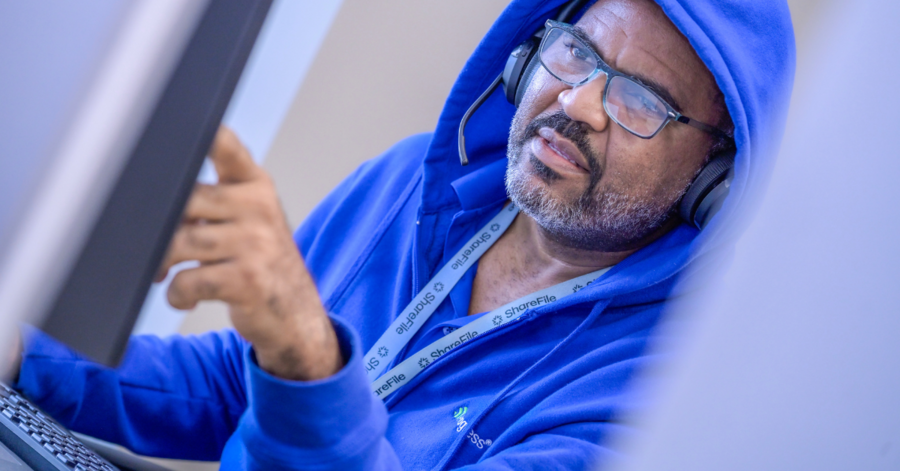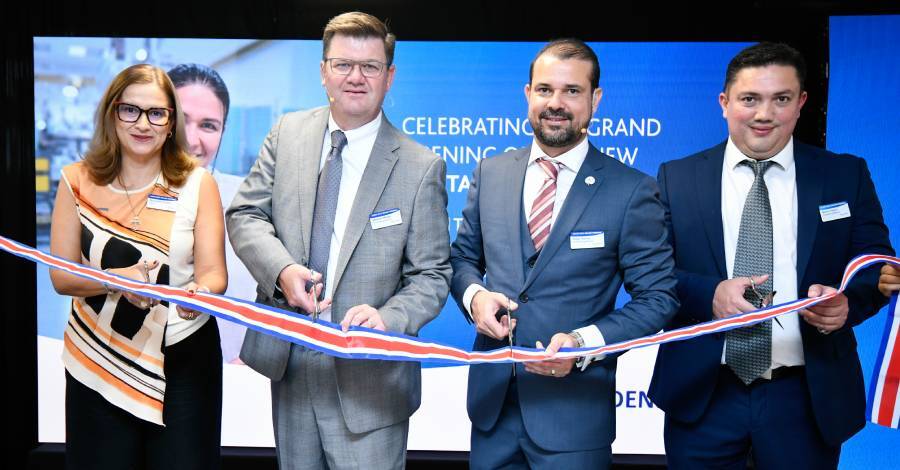NEWS
Five Ways Costa Rica Has Fostered Women’s Inclusion in the Knowledge Economy
Within the context of International Women's Day, today we highlight five examples of how Costa Rica has encouraged greater female participation in industry 4.0. This is key in generating greater employability and opportunities for this population, which has been the most affected in the workplace, throughout the pandemic.
At CINDE, we continue in our commitment to promoting greater gender equity as a driver of the country's economic development.
- Greater Participation in Jobs Created
In 2020, Costa Rica registered a record number of new net jobs created, reaching a total 14,700 positions. Of these, 7,716 were occupied by women who entered the knowledge economy, thanks to multinational companies attracted to Costa Rica through CINDE’s efforts.
Speaking to all jobs created in 2020, 49% were held by women. Additionally, in the historical accumulated total from the 332 multinationals supported by CINDE, 44% of all positions are held by women – participation that exceeds the national labor force average of 40%.
In the case of life sciences companies, more than 10,000 women work in this industry, empowering them to support their homes as heads of household.
- More Managers at the Services Sector
The services sector is one of the most dynamic industries in the Costa Rican economy. As of the third quarter of 2020, 68% of national exports were dedicated to corporate services and information and communication technologies.
According to data collected by the organization, 42% of service companies in our cluster (versus just 28% of service companies nationwide) employ women in management positions.
- More Programs to Train Employable Skills
To encourage greater female participation in the knowledge economy, CINDE promotes interest in STEAM areas (science, technology, engineering, arts, and mathematics) for women and girls, starting at an early age.
For example, last year a new STEAM Hall was inaugurated at the Children's Museum, to encourage STEAM learning in little ones; the goal is to expose girls to these topics, beginning in early childhood.
Additionally, in 2020, 2,651 women from professional technical colleges were trained and certified in highly employable areas.
The Women Engineering Projects in Community Service initiative is also under development, and will encourage teaching in STEAM areas for students in schools outside the Greater Metropolitan Area – this, with an emphasis on the female population. The project is supported by Arizona State University, the Ministry of Public Education, the United States Embassy in Costa Rica, and CINDE.
At the close of 2019, 8,947 people had graduated from careers related to engineering, technology, science, and mathematics. Of that figure, 35% of those diplomas were awarded to women, according to CONARE data analyzed by CINDE.
Regarding the Coursera scholarship program, which is dedicated to training the workforce most affected by the health crisis – a program enabled through CINDE, in alliance with Coursera and the Ministry of Labor – 60% of registered learners were women.
- Awareness at Talent Fairs
The world has a growing demand for cognitive skills such as creativity, critical thinking, decision-making, and complex information processing. By 2030, this need will increase by 19% in the United States and 14% in Europe, according to a study by the McKinsey Global Institute.
As part of our efforts to promote this awareness in Costa Ricans, talent fairs such as the CINDE Job Fair and Job Link had high female participation. In addition to having access to open job opportunities, participants also received free training to aid in their workforce participation. The results? Women accounted for 42% of CINDE Job Fair attendees and 43% of Job Link participants.
- International Recognition
The above-mentioned examples are just a sampling of the series of initiatives that CINDE has developed to promote greater gender equality in Costa Rica, earning the agency international recognition in 2020.
UNCTAD (the United Nations Conference on Trade and Development) awarded CINDE for the incorporation of gender perspectives in investment promotion; UNCTAD also highlighted CINDE as a model organization within the investment promotion agencies of the world.
